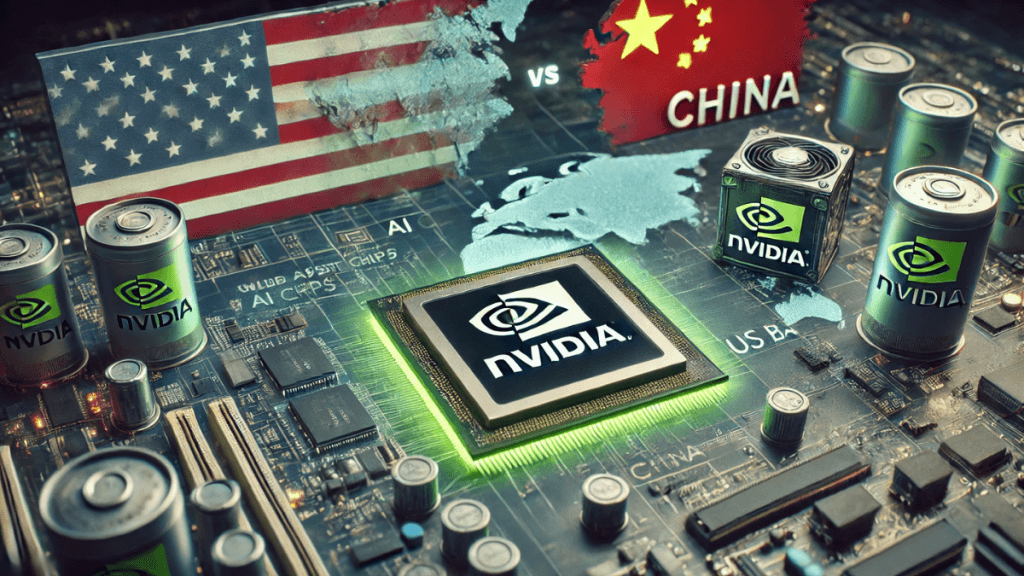U.S. Weighs Allowing Nvidia H200 Chip Exports to China
U.S. officials reviewed whether to permit Nvidia to export its H200 data center AI chips to China, a move that could reshape global AI competition and the semiconductor trade. The deliberations pit national security concerns against the commercial interests of U.S. firms that fear losing market share in China.

The Commerce Department on November 22 reviewed whether to allow Nvidia to export its H200 data center artificial intelligence chips to China, according to people familiar with the matter who spoke to Reuters. The H200 is described as more capable than Nvidia’s earlier H20 model but not as restricted as some of the company’s highest end offerings, placing it at the center of a fraught policy choice.
Officials framed the decision as a balancing act between protecting national security and preserving the competitive position of U.S. technology companies. Allowing sales could give Nvidia and other American suppliers greater commercial access to China’s vast cloud and AI markets, potentially limiting the share gained by foreign competitors. Conversely, critics in Washington warned that enabling exports of advanced AI accelerators could strengthen Chinese military research and surveillance capabilities.
The review comes amid heightened scrutiny of semiconductor exports since the United States imposed curbs aimed at slowing the development of advanced chips and the systems that train generative AI. While the United States has already restricted some of Nvidia’s most powerful models, the H200 occupies an intermediate tier that complicates a simple yes or no decision. Officials emphasized the review was ongoing and that no final determination had been announced.
For Nvidia, the stakes are both financial and strategic. China is a key market for data center processors and cloud services, and limitations on exports have loomed over the company’s growth prospects. Permitting H200 sales could ease pressure on Nvidia’s revenue and ease supply chain tensions for Chinese cloud providers that rely on high performance accelerators. At the same time, U.S. national security officials must weigh the risk that these chips could be repurposed for applications that aid military modernization or expand authoritarian surveillance.
The debate in Washington reflects broader tensions in technology policy between promoting innovation and guarding against potential abuses. Some industry advocates argue that overly strict controls cede competitive advantage to non U.S. manufacturers and undermine the global market position of American firms. Others caution that advanced computing capabilities are dual use, and that even ostensibly civilian exports can have military utility when deployed at scale.
How the Commerce Department evaluates that risk will likely include technical assessments of the H200’s performance, consideration of end use assurances and licensing conditions, and the extent to which export controls can be enforced in practice. Whatever the outcome, the decision will be closely watched by investors, chipmakers and allied governments for signals about the future shape of U.S. export policy and the boundaries of tech competition with China.
A ruling to allow exports would mark a significant recalibration of policy, while a denial would reinforce a trajectory of tighter export restrictions. Either path will have ripple effects for global AI development and the geopolitics of semiconductors.


